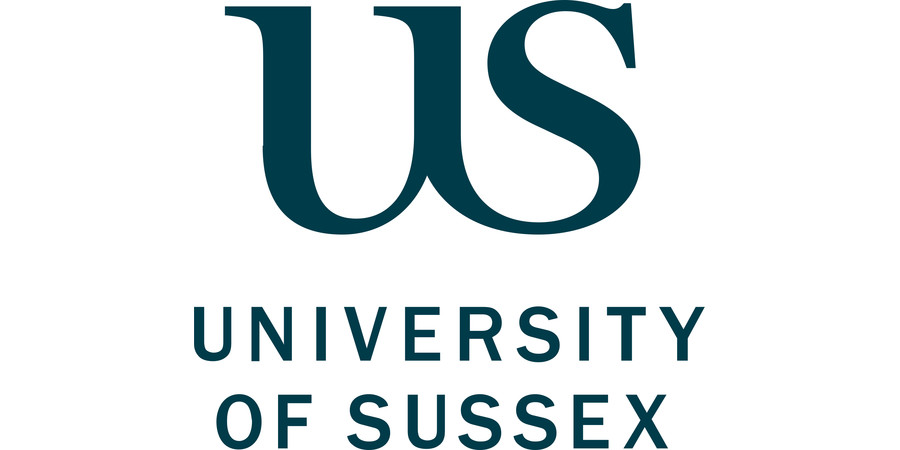PhD Studentship in Astronomy; Constraining the cosmological model with next generation large-scale structure surveys
University of Sussex - School of Mathematical and Physical Sciences
| Qualification Type: | PhD |
|---|---|
| Location: | Sussex, Falmer |
| Funding for: | UK Students, International Students |
| Funding amount: | Details in advert |
| Hours: | Full Time |
| Placed On: | 20th January 2025 |
|---|---|
| Closes: | 28th February 2025 |
PhD Studentship in Astronomy
“Constraining the cosmological model with next generation large-scale structure surveys”
PhD studentship in the Astronomy
Type of award
Postgraduate research
PhD project
We are on the brink of a revolution in our understanding of the Universe with the unfolding of two large galaxy surveys, the Rubin Telescope's legacy survey of space and time (LSST), and ESA's Euclid Mission. These surveys will enable us to map the positions and properties of tens of millions of galaxies across a significant fraction of the sky and out to depths of the order roughly 10 billion years into the past, thus covering a significant fraction of the observable Universe. This data will enable us to shed new light on the mysterious dark energy that causes the expansion rate to accelerate. To do this, we will make use of statistical measures such as the galaxy clustering and weak lensing correlations. However, to accurately interpret this data, we will need to control a number of systematic effects to a high precision and also take our modelling of the observables to new heights. In particular, the nonlinear evolution of structure, redshift space distortions and galaxy biasing.
We have various open PhD projects that range from: modelling the clustering signals in these surveys; to developing new theoretical emulators that can be embedded into parameter space samplers, like Kobaya; to performing state-of-the-art numerical simulations of cosmic structure formation.
We are active members of the Rubin Telescope's LSST mission, Euclid and 4MOST. We are also part of the Virgo Consortium and so have access to the DiRAC framework and the COSMA8 supercomputer and through Euclid we have access to IRIS. The university of Sussex also has its own in house super computer called Artemis.
Amount
- Fully-paid tuition fees for three and a half years at the home fee status.
- A tax-free bursary for living costs for three and a half years (£19,237 per annum in 24/25).
- Additional financial support is provided to cover short-term and long-term
travel. - If you are not a UK national, nor an EU national with UK settled/pre-settled status, you will need to apply for a student study visa before admission.
Eligibility
Applicants must hold, or expect to hold, at least a UK upper second class degree (or non-UK equivalent qualification) in Physics/Mathematics, or a closely-related area, or else a lower second class degree followed by a relevant Master's degree.
This award is open to UK and International students.
Deadline
28th February 2025
How to apply
Apply through the University of Sussex on-line system.
https://www.sussex.ac.uk/study/phd/apply/log-into-account
Select the PhD in Physics/Mathematics, with an entry date of September 2025.
In the Finance & Fees section, state that you wish to be considered for studentship no ASTR/2025/01.
Contact us
For practical questions about your application contact mps-pgrsupport@sussex.ac.uk
Advert information
Type / Role:
Subject Area(s):
Location(s):









